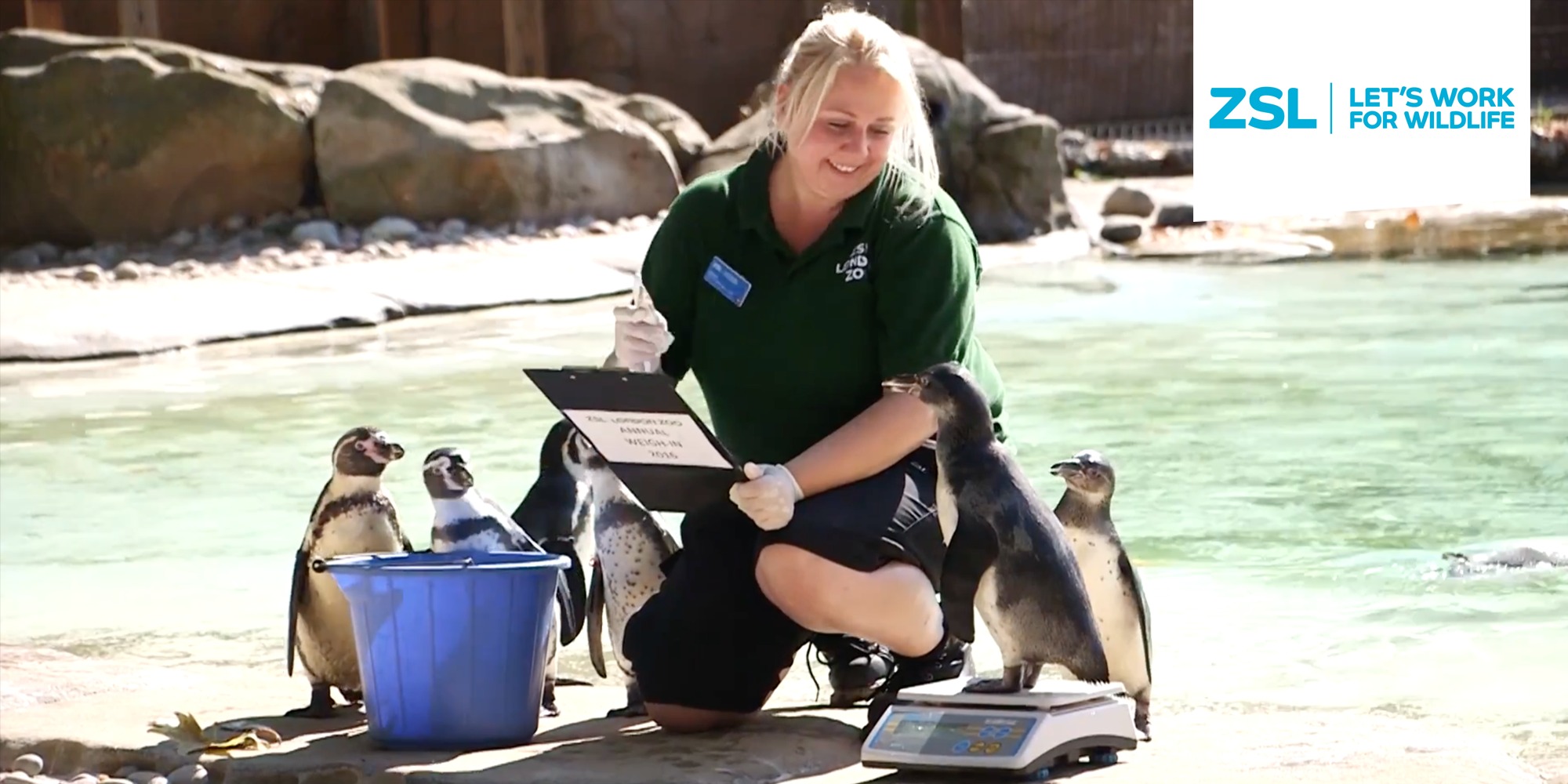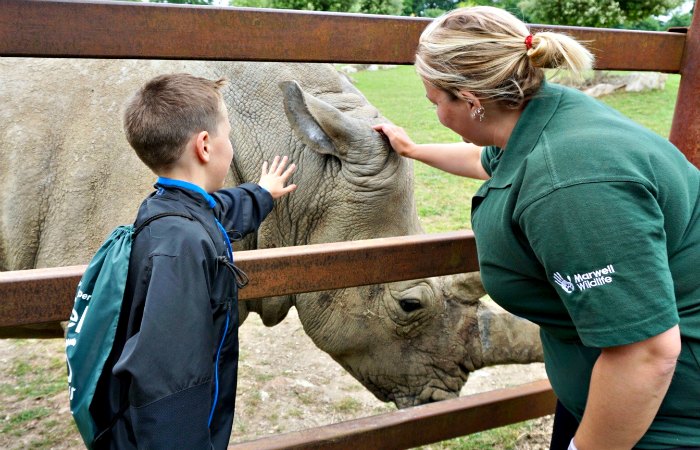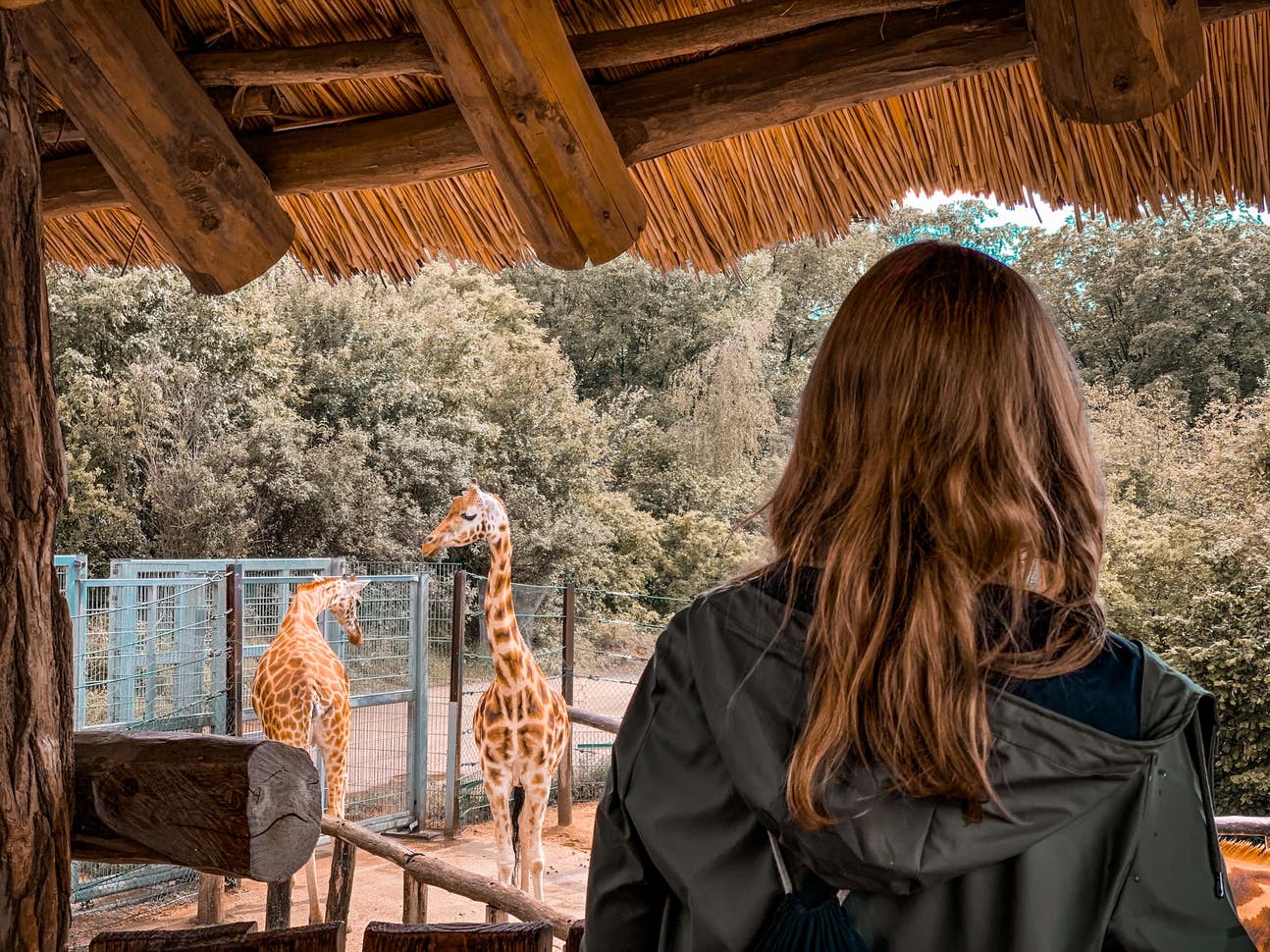댓글 0
등록된 댓글이 없습니다.


"The success of a country and its ethical progress can be evaluated by the way its animals are dealt with." - Mahatma Gandhi

Do you like animals and imagine working in a zoo? Zoo keepers are key in safeguarding wildlife and caring for animals. At places like the Zoological Society of London (ZSL), over 20,000 animals get the care they need from professionals.

To become a zoo keeper, you require effort, education, and a love for animals. This task is interesting, you work with numerous species and help with important conservation work. If you're into wildlife or animal welfare, zookeeping might be best for you.
Starting your zoo keeper profession indicates learning what's required. This guide will cover education, experience, and more. It's all you need to understand to begin a fulfilling zookeeping profession.
Exploring what a zookeeper does exposes a function full of obstacles and rewards. They focus on animal welfare and conservation. Zookeepers work hard to keep animals healthy and pleased in their care.
A zookeeper's day is filled with important tasks:
Zookeepers work outside in all type of weather condition. They manage both indoor and outdoor zookeeper areas. The task needs being fit and able to deal with the demands of taking care of animals.
"Being a zookeeper is more than a task - it's an enthusiastic dedication to animal care and conservation."
Zookeepers can specialise in lots of animal groups:
Your role might include dealing with 2-5 various animal types. This requires a lot of knowledge and the capability to adapt.
To be a leading zookeeper, you require more than simply a love for animals. Your job will be difficult and need you to manage animals and individuals well. You'll also need to comprehend animal behaviour.
What zoos search for in individuals consists of:
Getting hands-on experience is key to mastering this function. You'll need to reveal:
"A fantastic zookeeper links science, empathy, and conservation in every interaction with animals."
You should learn about animal nutrition, behaviour, and standard vet care. Most zookeepers learn through training, volunteering, and continuous learning.
Zookeeper work is not just a task. It's a big dedication to teaching about wildlife and assisting conservation. Your passion and hard work will make you stick out in this fulfilling career.
Starting a profession as a zookeeper requires careful planning and education. You should initially comprehend the academic requirements and training courses. These will turn your love for animals into a task.
To be an excellent zookeeper, you need a strong scholastic base. A lot of tasks look for zookeeper certain credentials:
Getting special accreditations can actually help you in your zookeeper career. Essential ones consist of:
Getting hands-on experience is type in zookeeper training. Lots of locations offer excellent possibilities:
Pro idea: Create a detailed portfolio to show your animal care skills. It will assist you in task applications.
Getting hands-on experience is key for those wishing to be zookeepers. The task is very competitive. So, it's important to start developing a strong base in animal care.
Your journey begins with finding methods to work directly with animals. This is a strategic action.
"Experience is the best instructor in animal care" - Wildlife Conservation Experts
Here work methods to acquire experience working with animals:
Offering is a fantastic method to learn more about animal behaviour and care. Many zoos and animal shelters are looking for people who want to discover. These locations use great possibilities to get hands-on experience and reveal your devotion to animal welfare.
Here are some ideas to take advantage of your experience:
Remember, useful experience makes you stand apart in the zookeeping world. Whenever you deal with animals, you discover more. This increases your possibilities of getting a job in animal care.
Starting a career as a zookeeper is amazing. It uses numerous possibilities to grow and specialise. Your journey begins with comprehending the various courses in this field.
Entry-level jobs in zookeeping are a great start. They give you hands-on experience. Zoos try to find prospects with:
As you acquire experience, your profession can grow. You can go up to:
"Continuous learning and practical experience are key to advancing in your zookeeping profession."
You can also select special locations like:
About 25% of zookeepers get advanced degrees in zoology or animal preservation. Getting Level 4 credentials can enhance your possibilities for senior functions and research.
Becoming a zookeeper implies you'll work more than just regular hours. You'll face hard physical challenges and require to be versatile, including weekends and holidays. Zoos are open every day, so you'll often work when others relax.
"Zoo keeping is not a typical 9-to-5 job-- it's a way of life of devoted animal care and commitment."
This task is physically demanding. You'll work outside in any weather, lifting heavy items over 50 pounds. Your tasks might include:
Shifts can begin as early as 5 AM and go late into the night. You'll be on your feet the majority of the time, moving between animal zones. Weekends and holidays become part of the task, requiring lots of endurance and dedication.
Despite the difficulties, this job has great rewards. You'll grow strong, both physically and emotionally. You'll likewise make fantastic connections with extraordinary animals.
Being a zookeeper includes its own set of difficulties. It's crucial to know how to keep both animals and staff safe. This indicates following strict health and safety guidelines.
Zookeepers deal with a special environment where security is key. Studies show that health and safety are now as important as the zoo's main work.
There are several methods to manage threats in zoos:
Understanding which animals are most hazardous is crucial. Big animals like rhinos can be very risky. There have been cases where zookeepers got seriously hurt.
Security isn't almost wearing equipment - it's about knowing animal behaviour and staying alert.
Zookeepers require to use the right equipment, consisting of:
Getting immunized versus illness like hepatitis B and rabies is also key. It helps keep zookeepers healthy in their tough job.
Considering a career in zoo keeping? It's essential to know about salaries and the task market. The field is growing, with more opportunities in the UK.
Let's look at what zoo keepers can earn at different phases:
The task outlook for zoo keepers is great. The sector is expected to grow by 5% in the UK by 2029. This means around 3,910 brand-new tasks will be readily available.
"The Association of Zoos and Aquariums supports professional development for zoo keepers," a report states.
Wages vary based upon a number of things:
While the pay may not be high, the joy of working with animals is priceless. The average income is around ₤ 17,000. However, overall earnings can be between ₤ 13,000 and ₤ 27,000 a year.
Beginning a career in animal care is an exciting journey. It requires dedication, enthusiasm, and a love for learning. With over 350 zoos and wildlife locations in the UK, there are lots of job opportunities. You'll get to work with remarkable animals and help secure wildlife.
To be a zoo keeper, you require more than just love for animals. You need to have a mutual understanding of biology, have the ability to communicate well, and constantly want to learn more. You'll gain hands-on experience, discover animal welfare, and establish a deep respect for nature. About 3,000 people in the UK have actually discovered fulfilling careers in this field.

Your success in zoo keeping comes from mixing science with a love for animals. Whether you're interested in mammals, birds, or marine life, this job lets you aid with conservation. Every day will bring brand-new challenges and zookeeper discovering opportunities that will improve your skills and knowledge.
If you like animals and want to help secure wildlife, zoo keeping might be for you. Handle the difficulty, remain curious, and turn your passion for animals into a gratifying profession.

0등록된 댓글이 없습니다.